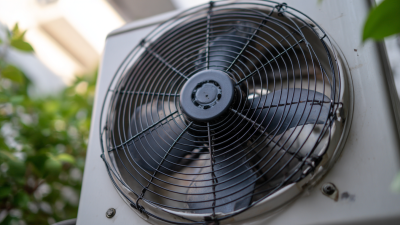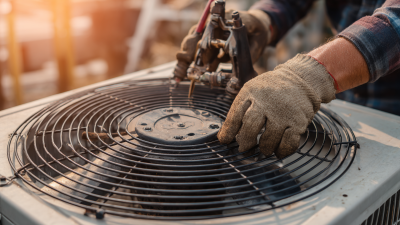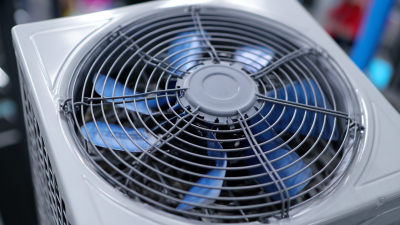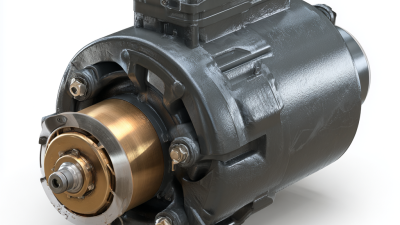




The efficiency of an air conditioning system heavily relies on the performance of its key components, particularly the Air Conditioner Fan Motor. According to a report by the Department of Energy, inefficient motors can reduce cooling performance by up to 20%, leading to increased energy consumption and higher utility bills. Furthermore, an analysis from the American Council for an Energy-Efficient Economy highlights that optimizing fan motor efficiency can enhance system reliability and extend its lifespan. As the demand for energy-efficient cooling solutions grows, understanding the critical role of the Air Conditioner Fan Motor becomes paramount for both consumers and HVAC professionals. By ensuring that fan motors are not only properly maintained but also replaced with high-efficiency models when necessary, users can significantly improve indoor comfort while minimizing environmental impact and operational costs.
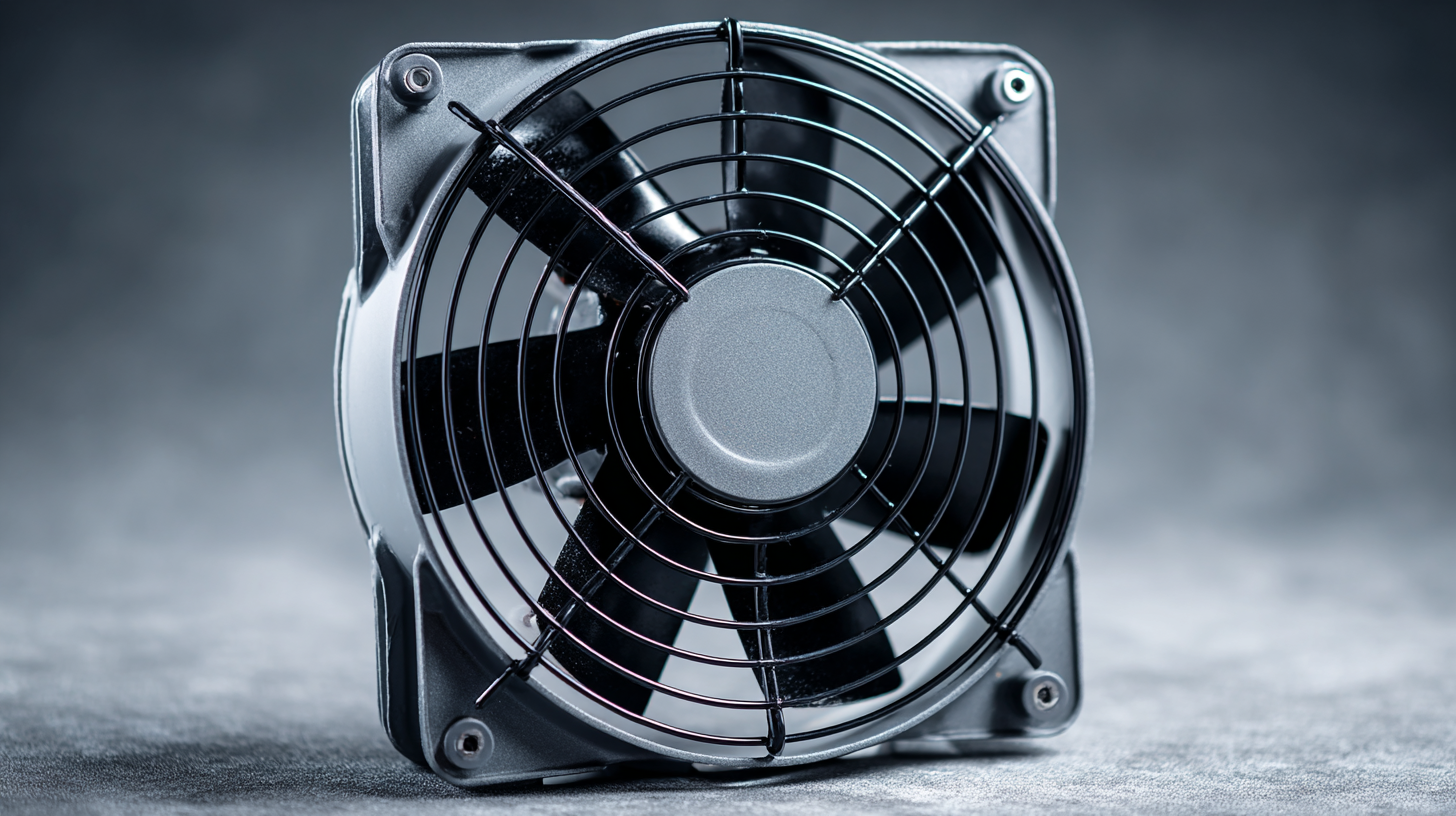
The efficiency of an air conditioner fan motor plays a pivotal role in the overall performance of cooling systems. According to the U.S. Department of Energy, about 40% of an air conditioner's energy consumption is due to the fan motor's operation. An efficient fan motor not only minimizes energy use but also enhances cooling performance, enabling faster temperature regulation. This is particularly important as rising summer temperatures increase reliance on air conditioning, making energy-efficient systems paramount for both environmental and economic reasons.
Additionally, a recent study conducted by the Air-Conditioning, Heating, and Refrigeration Institute (AHRI) reveals that high-efficiency fan motors can offer energy savings of up to 50% compared to standard motors. This significant reduction in energy consumption not only contributes to lower utility bills but also extends the lifespan of the cooling equipment. Thus, investing in an efficient fan motor is a crucial aspect of optimizing cooling systems, ensuring both sustainability and reliability during peak usage periods.
The performance of an air conditioner fan motor plays a crucial role in determining not only the cooling effectiveness of the system but also its energy consumption. An efficient fan motor, such as those classified under different efficiency levels like IE3 or IE4, can significantly reduce energy usage by ensuring that the air circulates effectively throughout the cooling system. This leads to optimal temperature control and a more comfortable indoor environment while consuming less power, which is a sustainable approach to energy management.
Moreover, investing in high-efficiency fan motors can result in substantial cost savings over time. Although the upfront cost may be higher, the long-term benefits include reduced electricity bills and lower maintenance expenses. Efficient motors tend to operate at lower temperatures and experience less wear and tear, thereby prolonging the lifespan of the entire air conditioning system. The total cost of ownership becomes more favorable when considering these factors, making energy-efficient fan motors an attractive option for both residential and commercial applications.
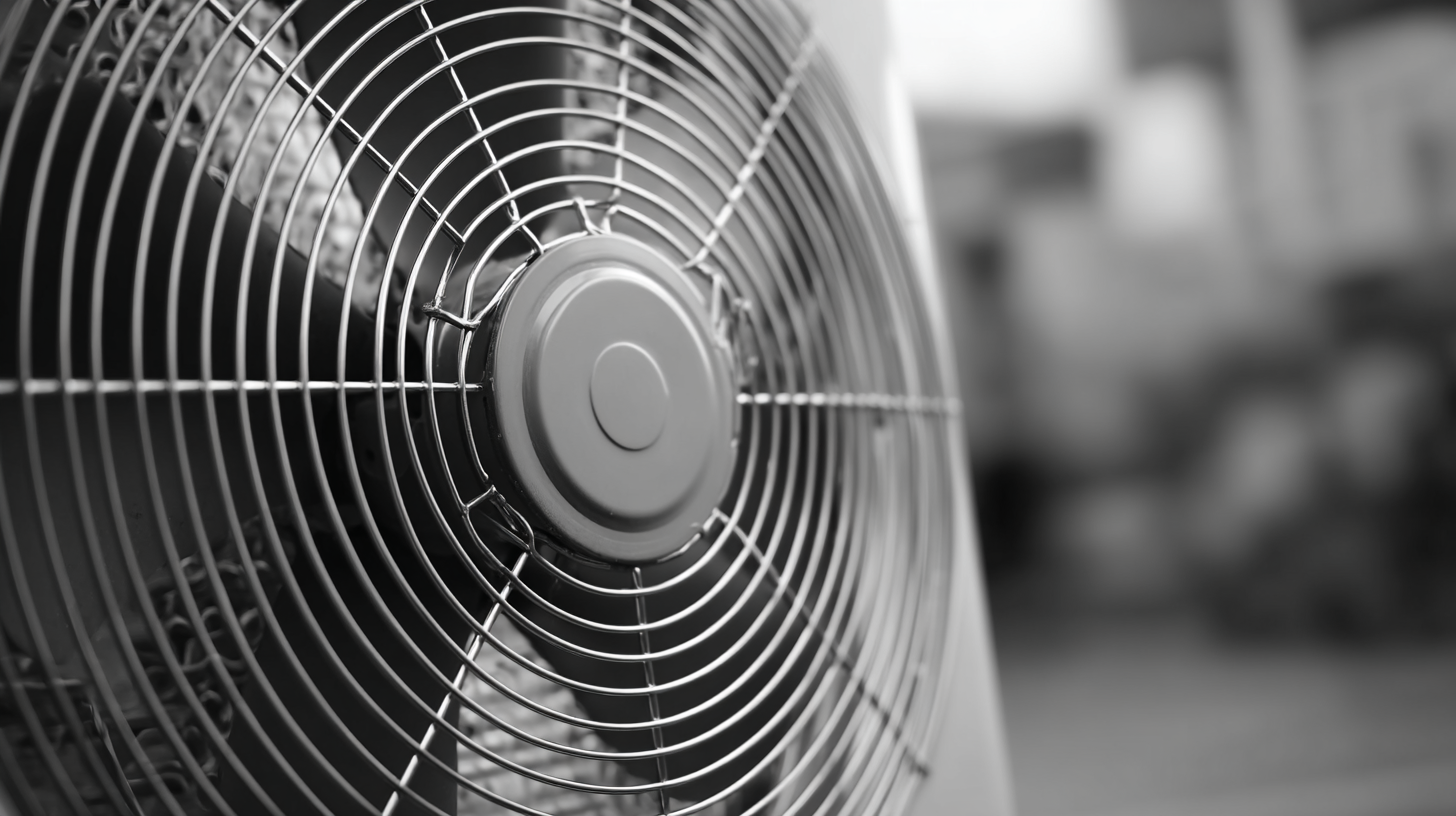
The lifespan and reliability of an air conditioner fan motor are crucial for optimal cooling performance. Several key factors contribute to the longevity of these critical components. First, the quality of materials used in the construction of the motor plays a significant role. High-grade, durable materials can withstand the wear and tear from continuous operation, while lower-quality components may fail prematurely. Investing in high-quality motors helps ensure that they function efficiently over extended periods.
Another essential factor influencing the fan motor's lifespan is regular maintenance. Routine inspections, cleaning, and timely replacements of worn-out parts can greatly extend the motor's efficiency. Dust accumulation and debris can obstruct airflow, leading to overheating and eventual motor failure. By adhering to a strict maintenance schedule, homeowners can prevent these issues and promote reliable cooling performance.
Finally, operational conditions also affect the fan motor's reliability. Environments with extreme temperatures or excessive humidity can strain the motor, leading to decreased performance and a shorter lifespan. It is essential to consider these conditions when installing and operating air conditioning systems, ensuring that the fan motor is suitable for the specific climate and usage patterns.
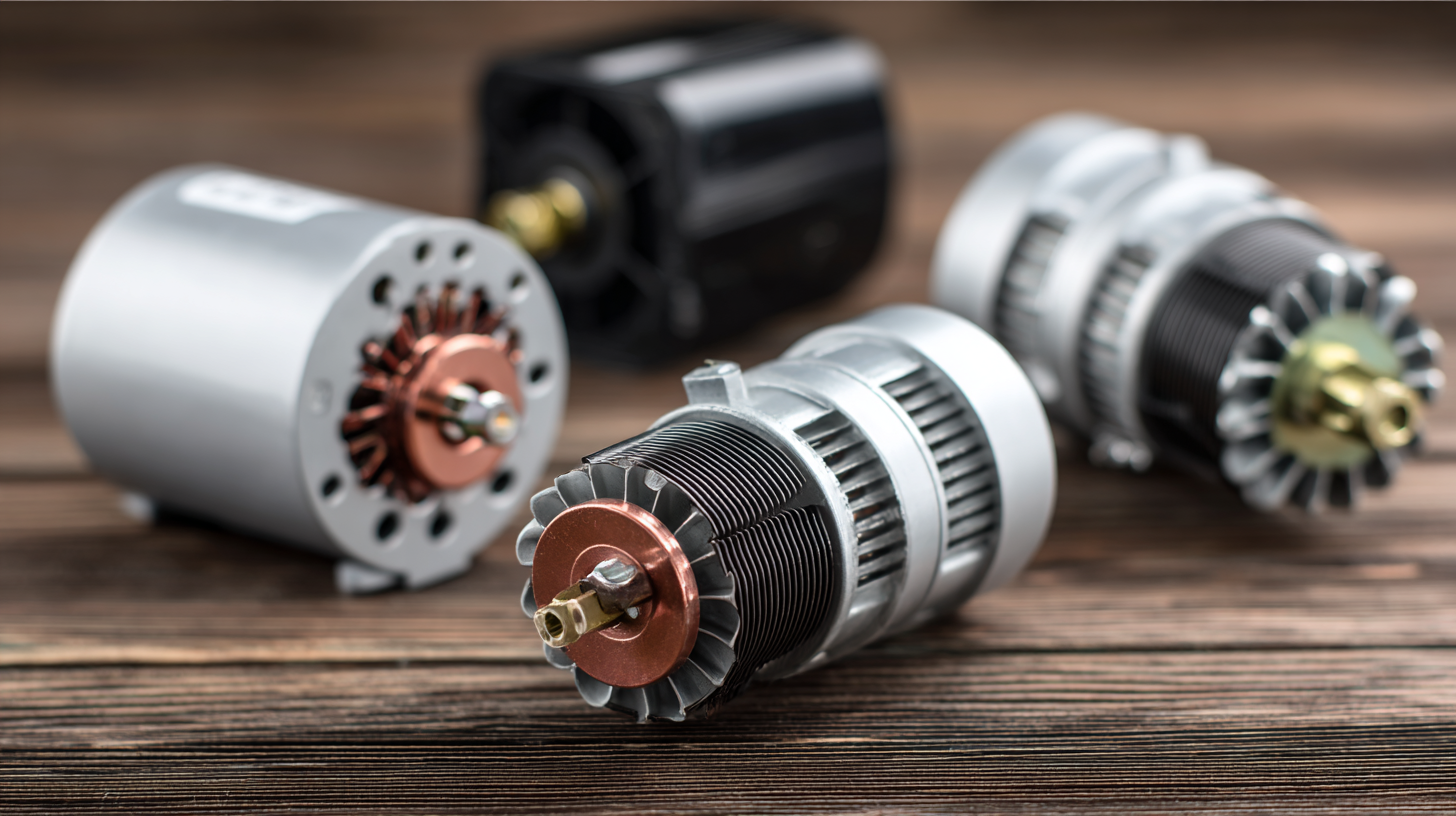
The efficiency of air conditioner (AC) fan motors is critical for achieving optimal cooling performance in residential and commercial applications. Different types of AC fan motors—ranging from traditional AC motors to modern Brushless DC motors—offer varied efficiency ratings, which directly impact energy consumption and operational costs.
The International Electrotechnical Commission (IEC) has established efficiency classes, from IE1 to IE5, with IE4 and IE5 class motors providing the highest efficiency levels. This categorization aids consumers in making informed decisions when selecting air conditioning units, particularly in areas where energy efficiency is paramount.
When examining applications, AC fan motors are commonly utilized in standard cooling systems, while DC motors are increasingly favored for their energy-saving capabilities and superior control. The integration of intelligent control systems further enhances motor performance, allowing for real-time adjustments that maximize cooling efficiency based on current demands. As consumers become more environmentally conscious, selecting the right motor type with an appropriate efficiency rating is essential not just for comfort, but also for sustainable energy use.
In the realm of air conditioning, the fan motor plays a pivotal role in ensuring optimal cooling performance. Industry standards have evolved significantly, focusing on energy efficiency, noise reduction, and durability. The latest regulations require air conditioner fan motors to meet stringent efficiency criteria, aligning with global efforts to reduce energy consumption and greenhouse gas emissions. These standards not only safeguard environmental interests but also provide consumers with reliable products that deliver consistent cooling while minimizing operational costs.
Innovations in air conditioner fan motor technology have introduced advancements such as brushless DC motors, which offer enhanced efficiency and quieter operation. These motors use advanced electronic controls to adjust speed dynamically, optimizing airflow based on cooling demands. Additionally, smart technologies are being integrated, allowing users to monitor and control their air conditioning systems remotely. This integration enhances user experience and further boosts energy savings. As manufacturers continue to embrace these technologies, the air conditioning industry is poised for dramatic improvements in performance and sustainability.
| Feature | Description | Industry Standard | Innovations |
|---|---|---|---|
| Motor Efficiency | Indicates how effectively the motor converts electrical energy into mechanical energy. | Minimum efficiency rating of 80% is recommended. | Use of brushless DC motors for higher efficiency and lower energy consumption. |
| Noise Level | Refers to the sound produced by the fan motor during operation. | Noise levels should not exceed 60 dB. | Development of quiet fan blade designs and advanced motor technologies that reduce sound. |
| Durability | The lifespan and reliability of the motor under various operating conditions. | Expected lifespan of 10,000 hours under normal operating conditions. | Integration of high-quality bearings and heat-resistant materials to extend lifespan. |
| Control Features | Smart technology for adjusting fan speed according to cooling demand. | Manual speed settings are common. | Implementation of IoT capabilities for remote monitoring and control. |
| Installation Flexibility | Ease of installation in various types of air conditioning systems. | Standardized mounting systems available. | Modular designs that allow easy upgrades and replacements. |
